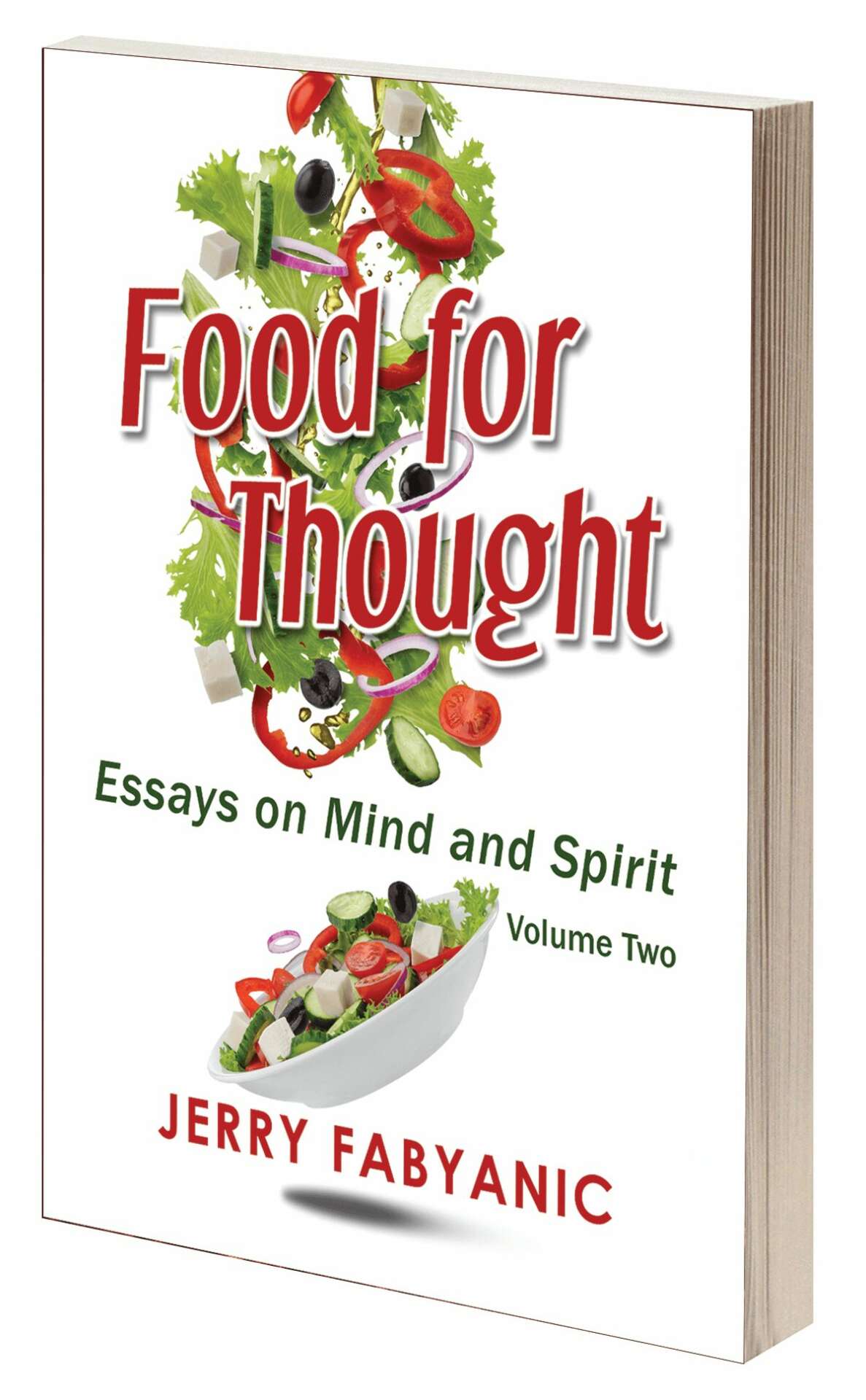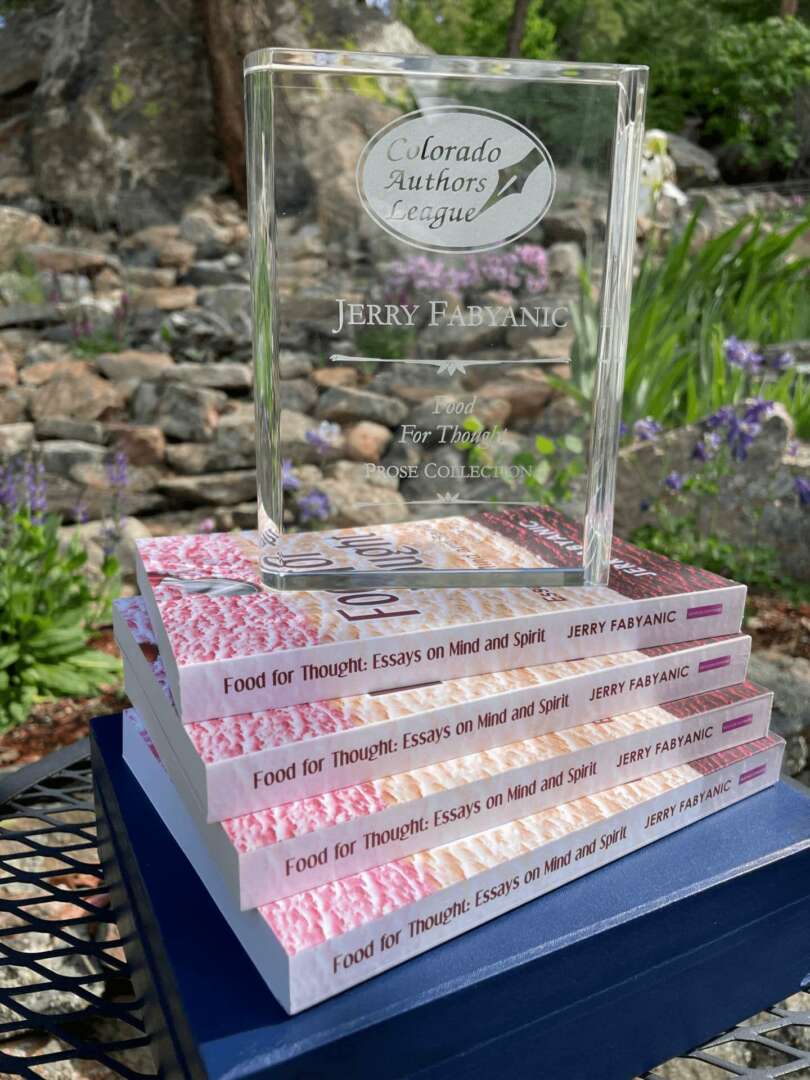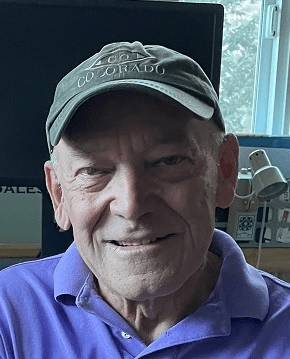We’re excited to introduce you to the always interesting and insightful Jerry Fabyanic. We hope you’ll enjoy our conversation with Jerry below.
Jerry, appreciate you joining us today. It’s always helpful to hear about times when someone’s had to take a risk – how did they think through the decision, why did they take the risk, and what ended up happening. We’d love to hear about a risk you’ve taken.
Writing books was never a life goal. It came about after I processed my way through one of my life’s greatest challenges. To come to terms with that experience, I began journaling. To personalize the story, I created a character I named Jonathan, and over time his story evolved into a novel. With the encouragement of a good friend, I gingerly stepped my toe into the publishing waters. Initially, I was full of self-doubt and felt daunted. Still, I pushed on.
After completing the editing and design process, I had a last task to perform: sending it to print. I hesitated. Thoughts swirled through my head. Although my story was a work of fiction, I had drawn heavily upon my life experiences. I knew putting it out in the public realm would make me vulnerable. A new author friend recommended that I read Steven Pressfield’s “The War of Art.” His essay on resistance resonated. I was hesitating out of fear. By then, I had become familiar with Brené Brown’s work on the intricate relationship between courage and vulnerability. With their thoughts–teachings–in mind, I hit Enter and sent “Sisyphus Wins” to print. In so doing, I no longer had control over it, and I was okay with that. As a result, I am now an award-winning author three times over.
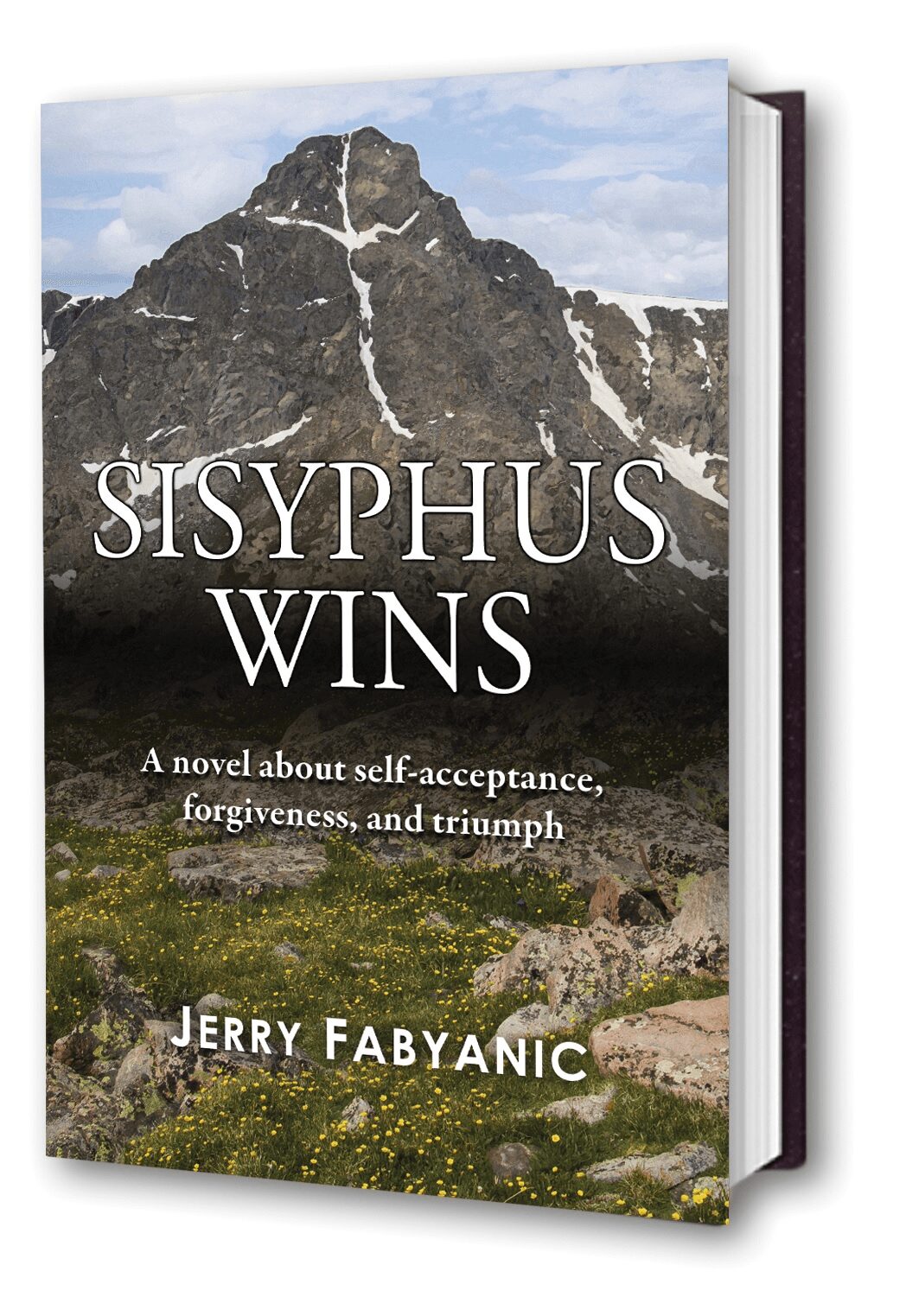
As always, we appreciate you sharing your insights and we’ve got a few more questions for you, but before we get to all of that can you take a minute to introduce yourself and give our readers some of your back background and context?
Through the writing process, I learned something that is not only true about my writing but also about me: I’m a pantser, not a planner. Spontaneity and synchronicity are two of my guiding principles. I subscribe to the philosophy that says planning is what happens when life passes you by. Growing up, I never gave thought to what I wanted to be or do. I just wanted to live life as it unfolded. That openness to life led me to a life in the Colorado Rocky Mountains replete with all the adventure the mountains provide from hiking to skiing, a career as a teacher, and now an award-winning author.
Even though I write both fiction and nonfiction, all my works correlate in that they focus on human behavior. I’ve learned more about me from it. But writing hasn’t been a one-street. My intention in all my writing is to challenge readers to think and sometimes push them outside their comfort zones. The greatest compliment I get is from someone who says I made them think in a way they hadn’t prior to reading my work.
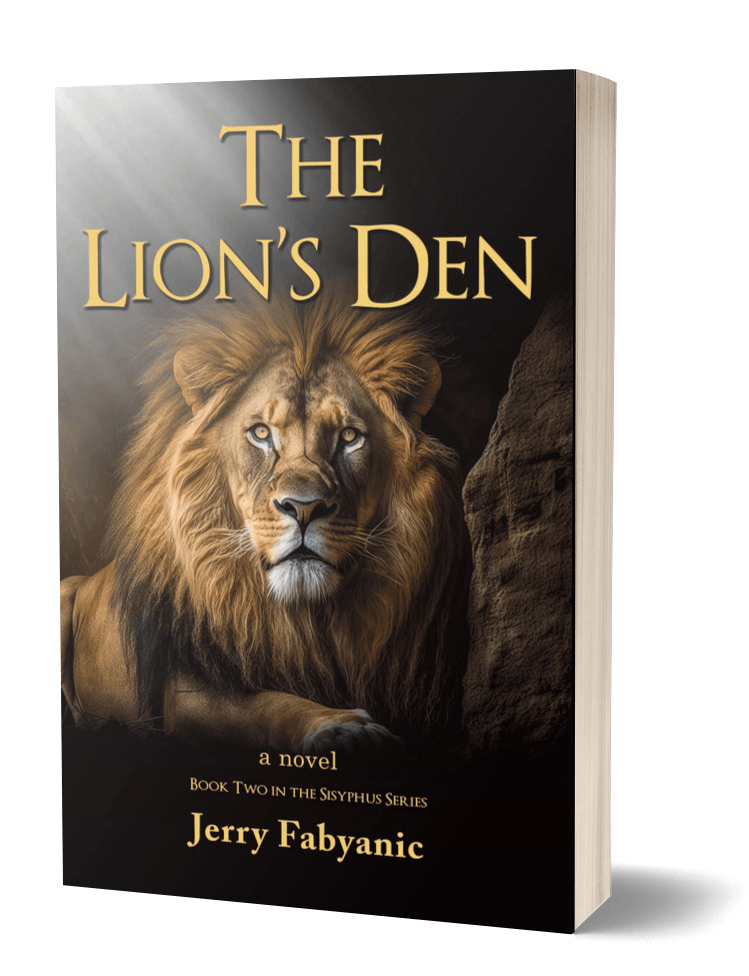
What do you find most rewarding about being a creative?
I’m no authority in quantum physics, but the idea of a multiverse intrigues me. What would life be like in another universe or even on a planet in a sister galaxy? Though literally experiencing one in an alternative universe at this time isn’t an option, journeying into different worlds and exploring their potentials and possibilities through my endeavors is very doable. I see life–my life anyway–not in a linear fashion but rather through a kaleidoscope of opportunities. The most rewarding aspect of those ventures is meeting and getting to know many disparate personalities. To say the least, they help keep my life interesting. And when one thinks of it, limitless potentials are one of the core principles of quantum physics. One just needs to choose among them.
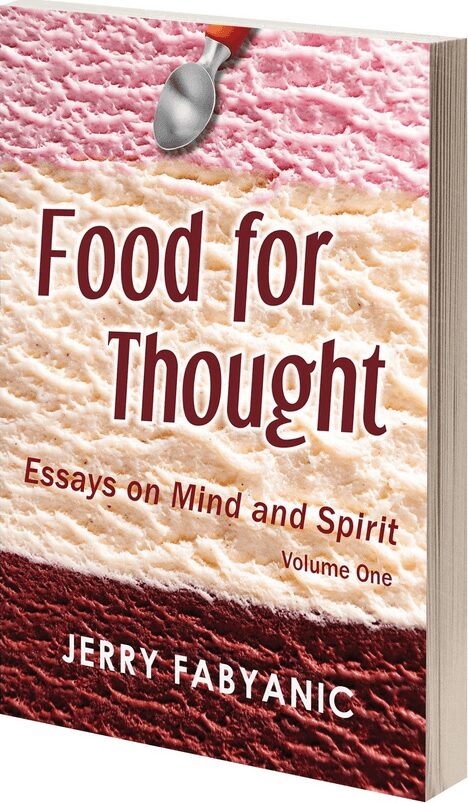
Is there something you think non-creatives will struggle to understand about your journey as a creative? Maybe you can provide some insight – you never know who might benefit from the enlightenment.
The first thing those who believe they’re not creative is to unlearn, disabuse themselves that they have little or no creative strain in their psyche. Creativity is intrinsic, part of every human’s DNA. Unfortunately, the idea of being creative all too often gets stomped out of students before they leave elementary school in the American left-brained, task-oriented, in-the-box, risk-averse, test-taking, materialistic culture. And I’ll add soul-crushing.
That said, acting creatively takes practice, repetition, and a firm belief that one can create whatever the project they set out to in a nonjudgmental manner. And that the creative drive can resurface and work its magic at any age. Think Grandma Moses.
Contact Info:
- Website: https://jerryfabyanic.com/
- Facebook: Jerry Fabyanic
